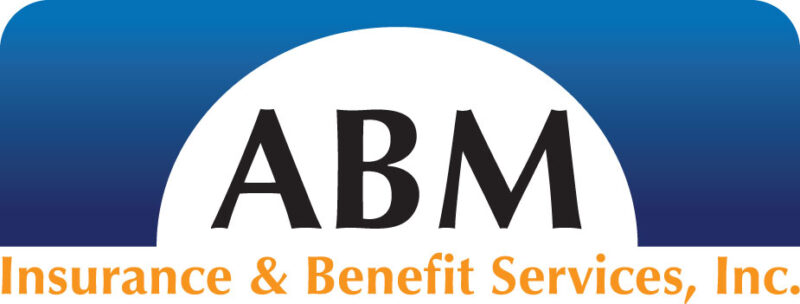Hot Weather Safety Tips for Older Adults
Tools and Tips
Hot weather can be dangerous, especially for older adults. Every summer, nearly 200 Americans die of health problems caused by high heat and humidity—and most of them are 50 or older. Hot weather is more likely to cause health problems for older adults for a number of reasons. Physical changes that happen with age make older people less likely to notice when they feel hot, even when outside temperatures are high. They also can’t cool down as quickly or as well as younger people. Older adults are also less likely to feel thirsty, which means they’re more likely to become dehydrated (a loss of too much water in your body). Heart disease, diabetes and other chronic diseases common in later life also increase risks of heat-related problems. So do some medicines prescribed for these and other health problems, and many over-the-counter drugs. Some of the medicines that may have these side effects are water pills, allergy and sinus pills, and nerve medications.
Staying Safe When It’s Too Darn Hot
When temperatures climb above 90 degrees F (Fahrenheit), older adults need to take precautions. So check the outside temperature on summer days. If it’s above 90 degrees, older people should:
-
SPEND AS MUCH TIME AS POSSIBLE INSIDE with the air conditioning on. If you don’t have an air conditioner, go somewhere that is air-conditioned, such as a shopping mall, library, senior center, or movie theatre. Fans can’t provide enough cooling if the temperature is in the 90s or higher. NOTE: The federal Low-Income Home Energy Assistance Program (LIHEAP) helps adults 65 and older who have limited incomes cover the cost of air conditioners and utility bills. To reach your state’s LIHEAP program, call the toll-free number for your state’s energy services office. You can find your state’s number on the computer at http://www.acf.hhs.gov/programs/ocs/liheap/grantees/states.html.
-
STAY OUT OF THE SUN whenever you can, and wear loose, light-colored clothes (dark-colored clothes absorb heat) and a lightweight, broad-brimmed hat when you must go out. That will help you both stay cool and avoid sunburn. Being sunburned can also make it harder for your body to cool off. Use “broad spectrum” sunscreen with sun protection factor (SPF) 15 or higher.
-
WAIT UNTIL THE SUN IS GOING DOWN, or until early the next morning—when it’s cooler—to go for a walk or do demanding activities such as yard work.
-
DRINK PLENTY OF COOL WATER, clear juices, and other liquids that don’t contain alcohol or caffeine. Alcohol and caffeine can dehydrate you.
-
TAKE TEPID (NOT TOO COLD OR TOO HOT) SHOWERS, BATHS, or sponge baths when you’re feeling warm. Or wet washcloths or towels with cool water and put them on your wrists, ankles, armpits, and neck. This will also cool you down.
How to Spot and Treat Health Problems Caused by Heat
It’s important to recognize when hot weather is making you sick, and get help. Here’s a list of health problems caused by too much heat, and how to recognize and treat them:
|
Dehydration |
WHAT IT IS:A loss of water in your body. It can be serious if not treated. |
|
Heat stroke |
WHAT IT IS:A very dangerous rise in your body temperature. It can be deadly. |
|
Heat exhaustion |
WHAT IT IS:A serious health problem caused by too much heat and dehydration. If not treated, it may lead to heat stroke (see above). |
|
Heat syncope |
WHAT IT IS:Fainting caused by high temperatures |
DISCLAIMER: This information is not intended to diagnose health problems or to take the place of medical advice or care you receive from your physician or other healthcare provider. Always consult your healthcare provider about your medications, symptoms, and health problems.
